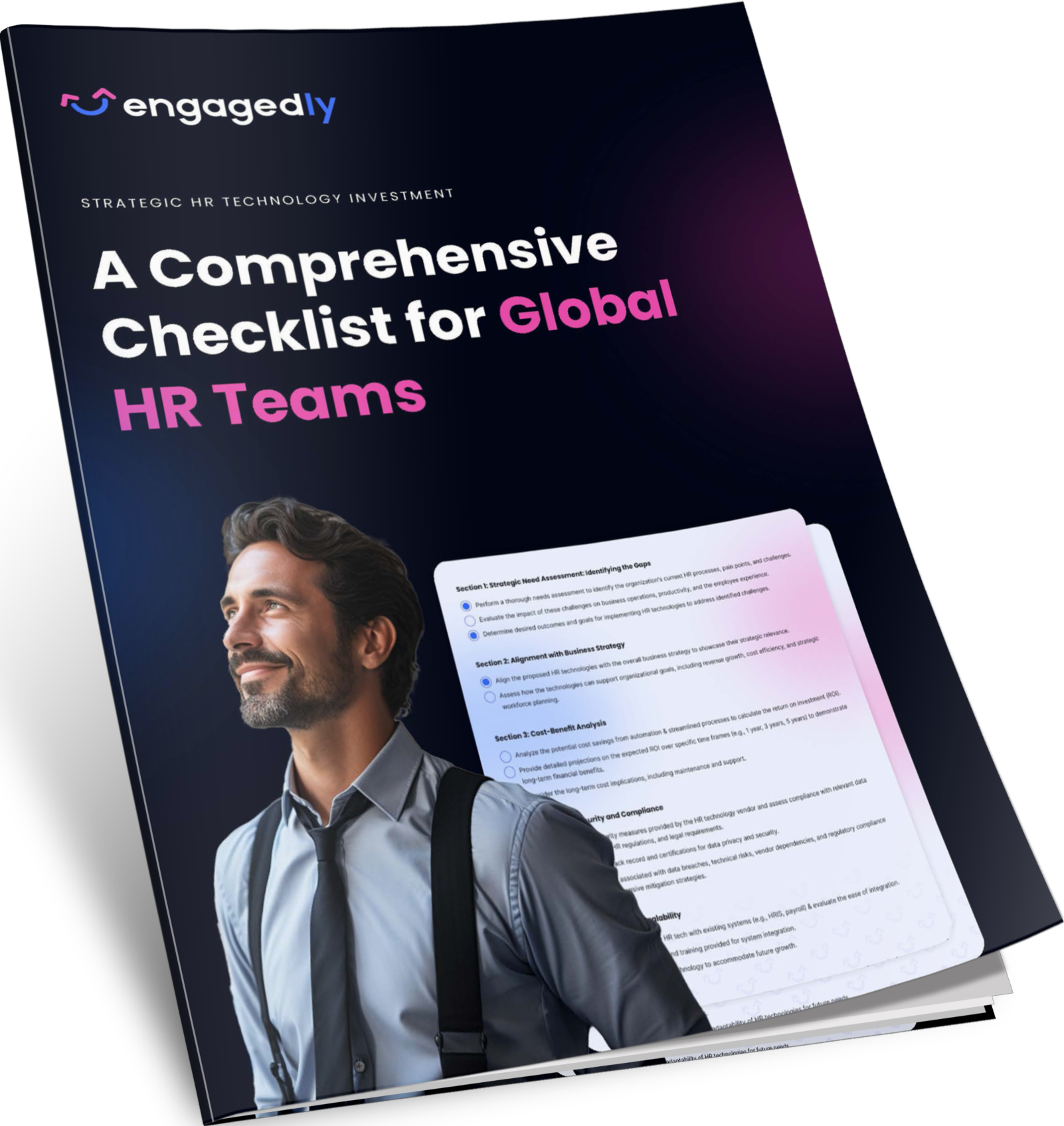Employee turnover is a common problem for all organizations around the world. When an employee leaves an organization, it affects the team and the organization. A recent study by Gallup shows that the cost of replacing an individual employee can range from one-half to two times their annual salary.
As a manager, are you worried about the rising number of goodbye lunches in your team? Let us help you with the real reasons why your employees are leaving the organization.
Employees Don’t Feel Appreciated
According to a recent study, 69% of employees would work harder if they received appreciation for their efforts.
One of the many reasons why your employees leave is that they feel underappreciated or not appreciated for their work. Everyone likes appreciation for their hard work. When there is a lack of appreciation, employees don’t feel motivated, become disengaged, and the morale becomes low.
Appreciation can be in the form of simple praises, rewards, lunches or outings, promotions, gift cards, and hikes. It will make your employees happy and encourage them to work hard.
Also Read: Employee Recognition & Rewards During COVID19
Lack Of Autonomy In Work
Your employees need to know that you trust them. Give them autonomy and allow them to work on their own. When your employees are continuously micro-managed and scrutinized, not only their morale goes down, they also become disengaged. It ultimately affects their productivity. Don’t breathe down their back and allow them to work independently.
While some employees need autonomy, others might need a little guidance when they work. Conduct frequent check-ins and feedback for them and guide them and provide feedback whenever necessary.
No Scope Of Future Development
Employees often find themselves to have reached stagnation. They start looking for new opportunities as they don’t have any room to grow in the same organization. When they get a chance to leave the current organization, they do so in the first instance.
Conduct one-on-one with your team members to know their personal and professional development plans. Set up stay interviews to understand what they look forward to at work every day. Develop learning and training opportunities for your employees so that they can develop their overall skills. It gives them an impression that the organization cares for their development too.
Also Read: 5 Reasons Why You Need A Performance Management Software
Not An Open Culture
Often employees leave because organizations practice a close culture policy. In a closed culture organization, employee inputs and concerns are not valued and given importance. It makes them feel alienated and disconnected from the organization. To solve this, create feedback and communication channels for employees through which they can interact with senior leaders to give their inputs and raise their concerns. Conduct weekly or bi-monthly meetings, and make them part of the decision-making process. A frequent one-on-one meeting with your employees will help you understand their concerns, inputs, and grievances.
Many Real-Time Performance Management Softwares comes with built-in feedback and survey modules. They act as a great tool to collect information from the employees.
You Are Not Managing Well
“Most people don’t quit their jobs; they quit their managers,” says Wendy Duarte Duckrey, vice president of recruiting at JPMorgan Chase.
A manager might have years of experience to reach the position, but they often lack the people skills required to be a successful one. It is one of the most crucial factors which drives away your employees to other organizations. As a manager, focus on identifying your strengths and weakness. Conduct 360 degree feedback or anonymous surveys to know what your team members think about you. A manager who has the willingness to change can be a great asset to improve employee engagement and keep the motivation level of your employees high. But one who is not ready to change and resists taking inputs from others will harm the development of the organization in the long run.
Also Read: Tips To Manage Stress Of Your Remote Team
Missing Work-Life Balance
Overloading your best performers is not the solution to get your work done; you should know when to stop! Being overworked is one of the prime reasons why employees leave the organization, especially the high performing ones. Overworking leaves the employee tired and stressed. It results in lower productivity and engagement. Additionally, it not only affects their mental health but also their physical health. It will lower their self-esteem and will force the employee to quit the organization.
But when employees have to overwork, they should get an option to take paid time off and have flexible work hours.
Do you want to know how Engagedly can help you with Employee Retention? Then request a live demo.
Request A Demo
Kylee Stone
Kylee Stone supports the professional services team as a CX intern and psychology SME. She leverages her innate creativity with extensive background in psychology to support client experience and organizational functions. Kylee is completing her master’s degree in Industrial-Organizational psychology at the University of Missouri Science and Technology emphasizing in Applied workplace psychology and Statistical Methods.




